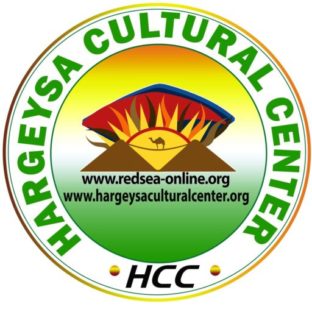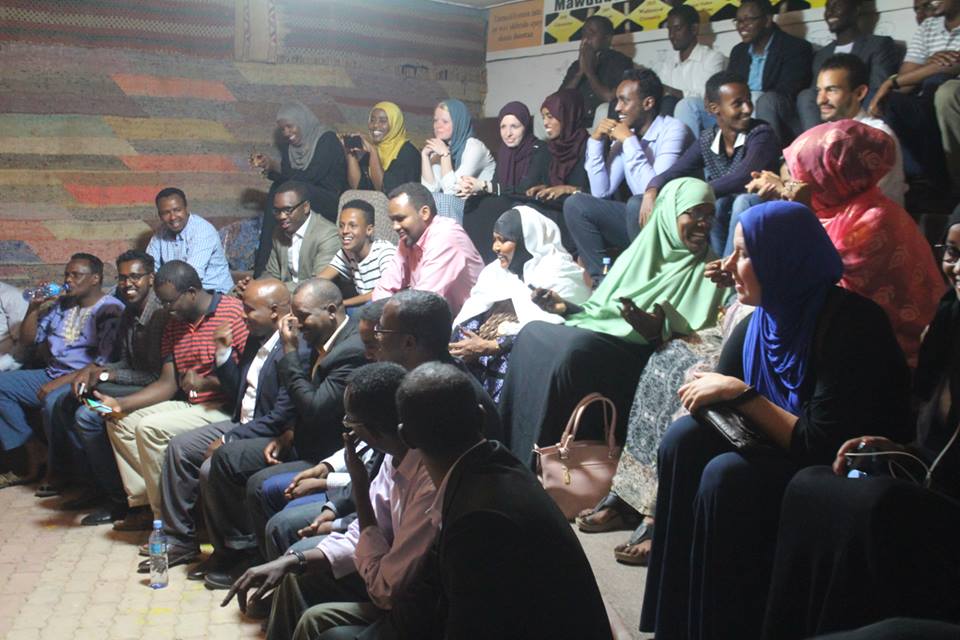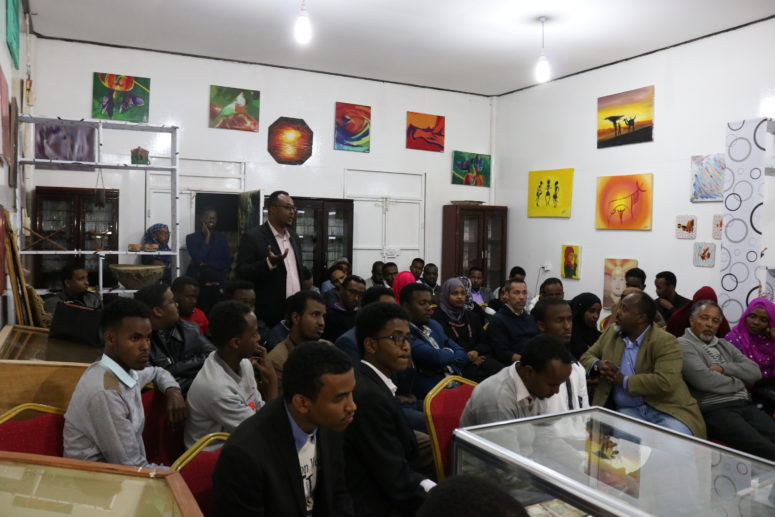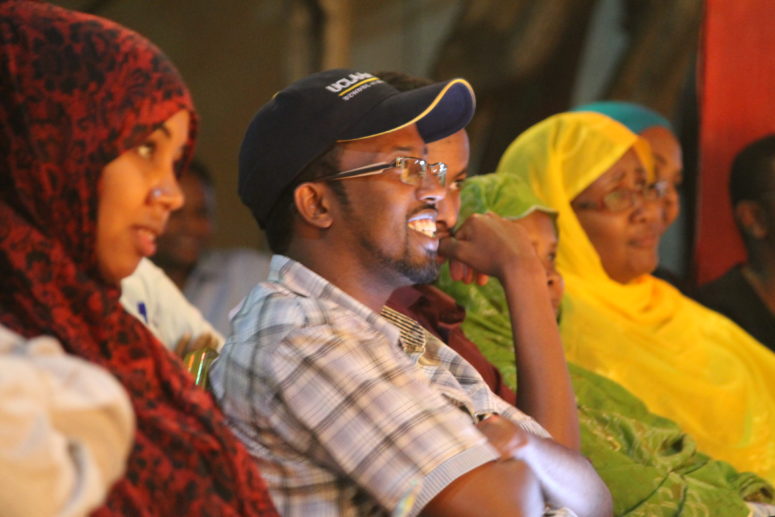Claire Elder who is currently a doctoral candidate in Politics at the University of Oxford was our eye opener for the unique forum. A second-year student, Elder is currently in the initial stages of research, her thesis is entitled ‘Diaspora politics in Somalia 1979-2016’, covering the effects diaspora returnees had on politics and political institutions respectively. Prior to this she has worked for the International Crisis Group and the US Institute for Peace, and as an independent consultant in the region. She first came to Somaliland in 2013, and has come frequently since then.
Summery
Politics in Somaliland has developed for the last two and half decades, this will focus on, what role does diaspora has in Somaliland politics in that time? Diaspora returnees have influenced or taking a major role in the last four governments, whether the executive branch or legislative, they influence government policies, both internal and external. Some of them are transformative while others are non-transformative so, if they are productive what did they contribute? And if they are not why did they fail to contribute? Some people argue they are transformative in these areas:
- Democratization
- New policies towards development
- Seeking international recognition
- Trade and foreign investments
- Local business investments
The audience asked Claire some awfully interested questions while displaying interesting ways in which, to look at diaspora politics, a few below.
How have Somaliland’s four sitting governments engaged with diaspora politicians? What the definition of diaspora in the context of Somaliland, and are people who return from across Africa and Asia considered diaspora? A point was also raised about the disparity between first and second-generation diaspora experience, and how this effects involvement in politics.
It might be fascinating to look at one particular branch of government over a period of time and a few different types of diaspora returnees (first, second generation, European, African and Arabian) and the ways they have impacted or not impacted that particular institution.
Another really interesting point was raised about the reasons for such high interest in politics among diaspora, perhaps being link to the lack of financial institutions and therefore the inability to raise initial funds so, being politically active opens doors for investment and creates legitimacy.
An audience member noted diaspora in policy making tend to be more outward facing mainly focusing on international recognitions, external trade links and foreign investment; and less on rural infrastructure and urban planning.



